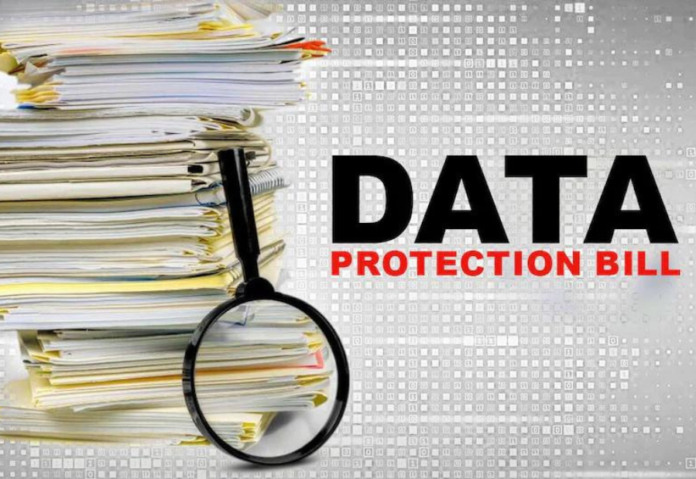While also providing an alternate dispute resolution mechanism, the Union Cabinet approved the Digital Personal Data Protection Bill earlier this month, paving the way for voluntary disclosures of data breaches by companies
The Digital Personal Data Protection Bill (DPDP) for consideration and passage will be introduced by the government in the Lok Sabha on Thursday, according to an official notification.
According to the list of businesses, union minister for electronics and information technology Ashwini Vaishnaw will introduce the Digital Personal Data Protection Bill that aims “to provide for the processing of digital personal data in a manner that recognises both the right of individuals to protect their personal data and the need to process such personal data for lawful purposes”.
After an earlier version, called the Personal Data Protection Bill, was withdrawn last August, this is the government’s second attempt at introducing the privacy bill.
While also providing an alternate dispute resolution mechanism, the Union Cabinet approved the Digital Personal Data Protection Bill earlier this month, paving the way for voluntary disclosures of data breaches by companies. The Digital Personal Data Protection Bill also allows companies to export data to any country except those named by New Delhi.
In November, the ministry of electronics and information technology released an updated draft of the bill following the withdrawal of the older version. The updated draft of the bill was rechristened as the Digital Personal Data Protection Bill.
Also read: IT infrastructure engineering and operations transformation: – The Now, Next, and Beyond!
Do Follow: CIO News LinkedIn Account | CIO News Facebook | CIO News Youtube | CIO News Twitter
About us:
CIO News, a proprietary of Mercadeo, produces award-winning content and resources for IT leaders across any industry through print articles and recorded video interviews on topics in the technology sector such as Digital Transformation, Artificial Intelligence (AI), Machine Learning (ML), Cloud, Robotics, Cyber-security, Data, Analytics, SOC, SASE, among other technology topics






